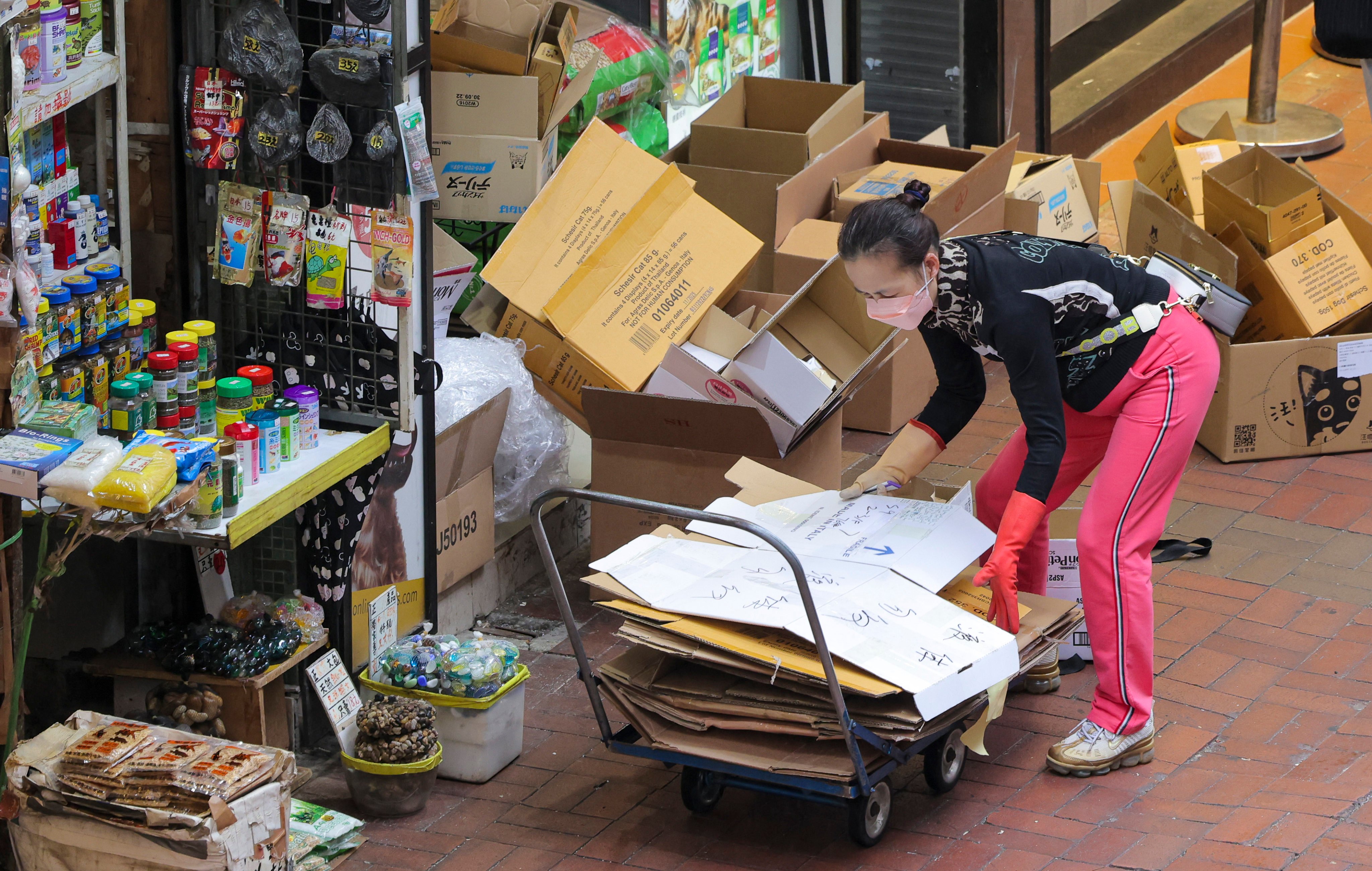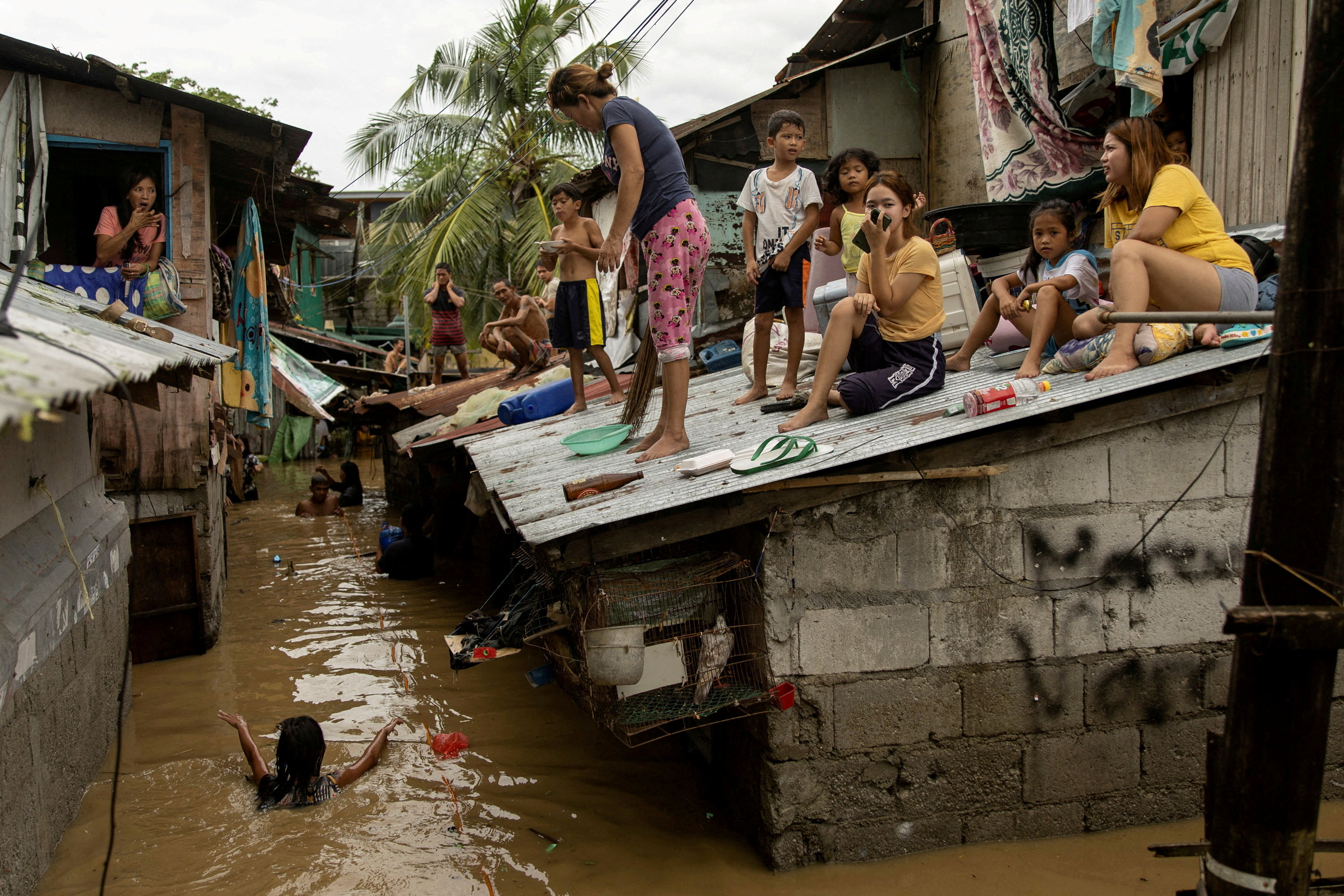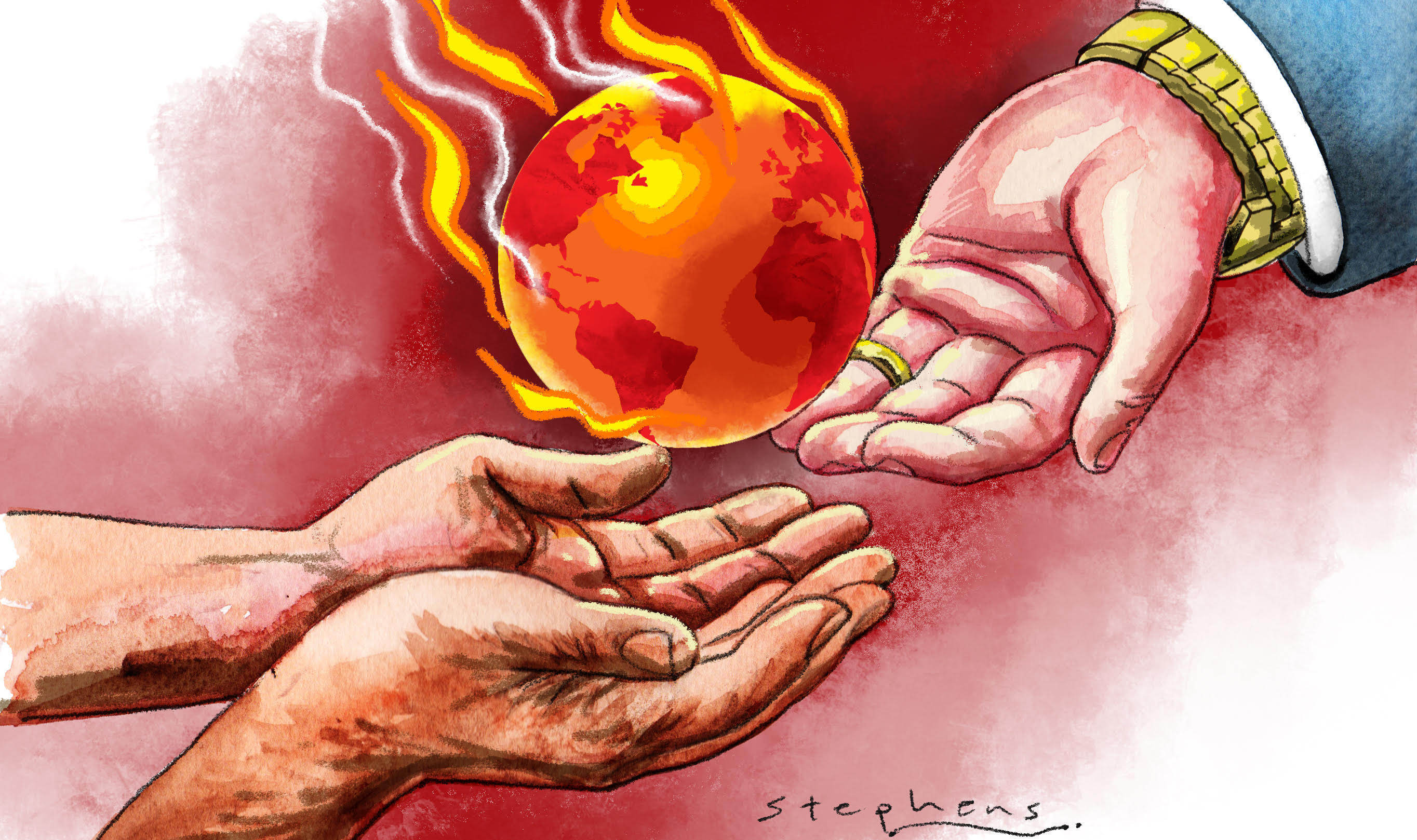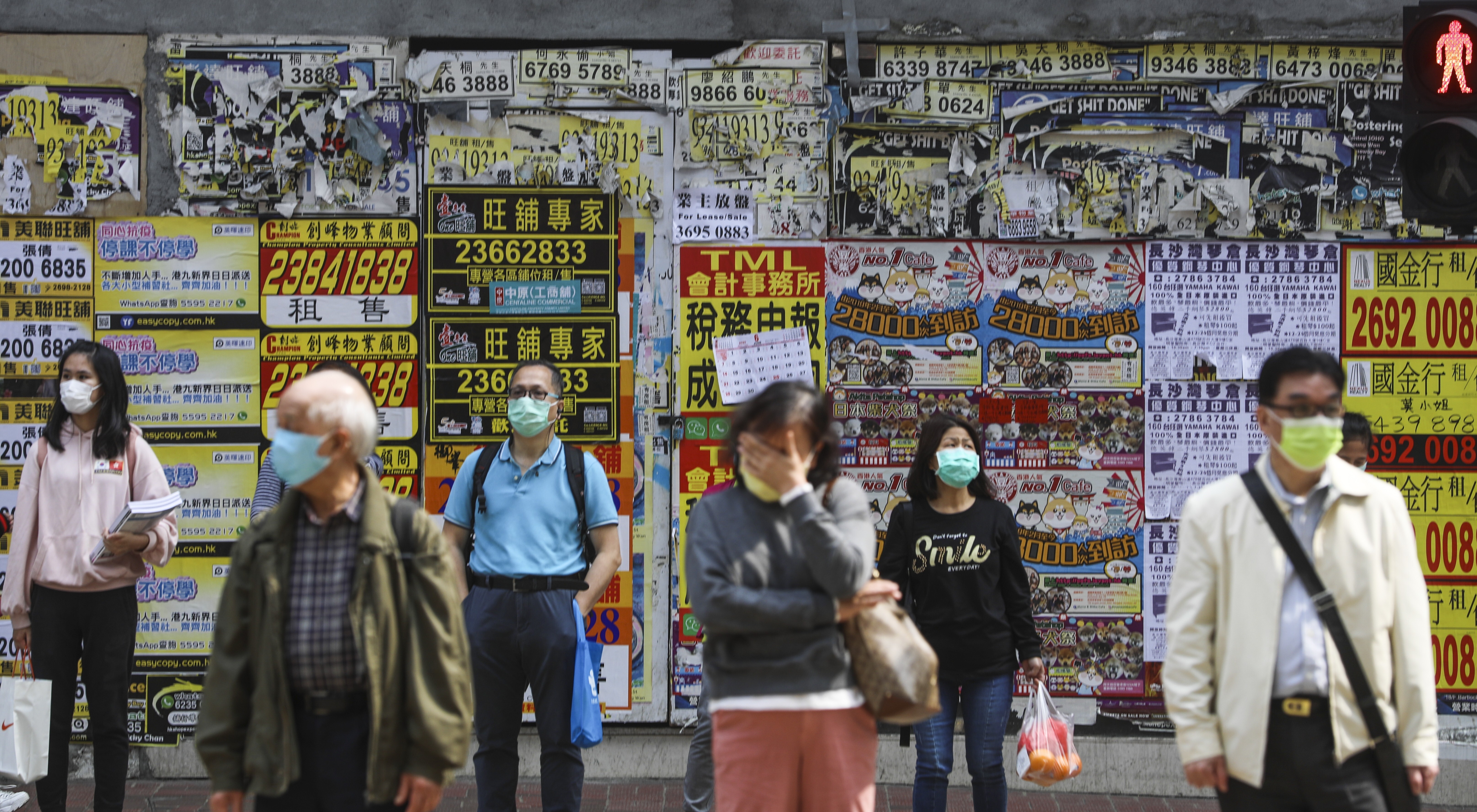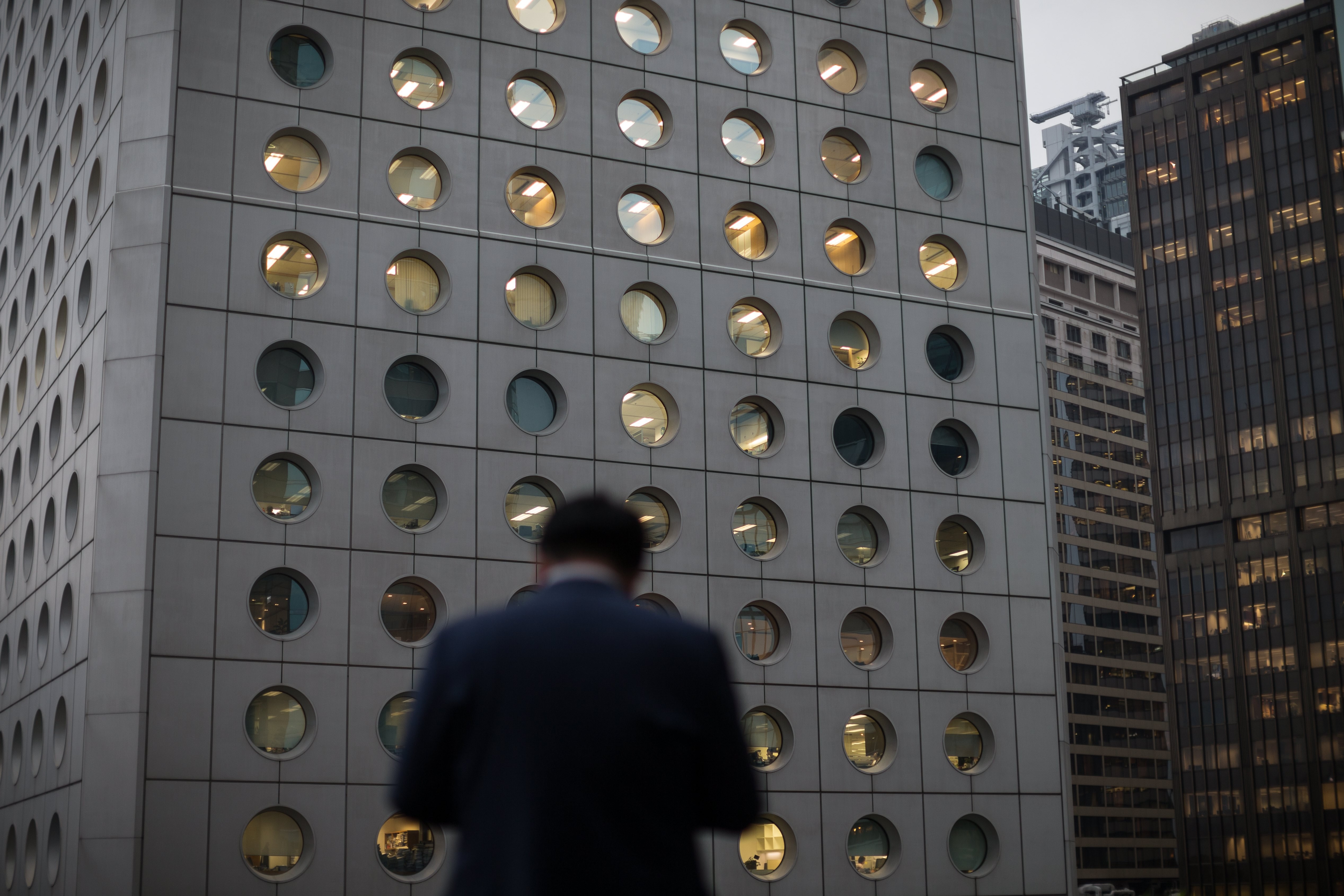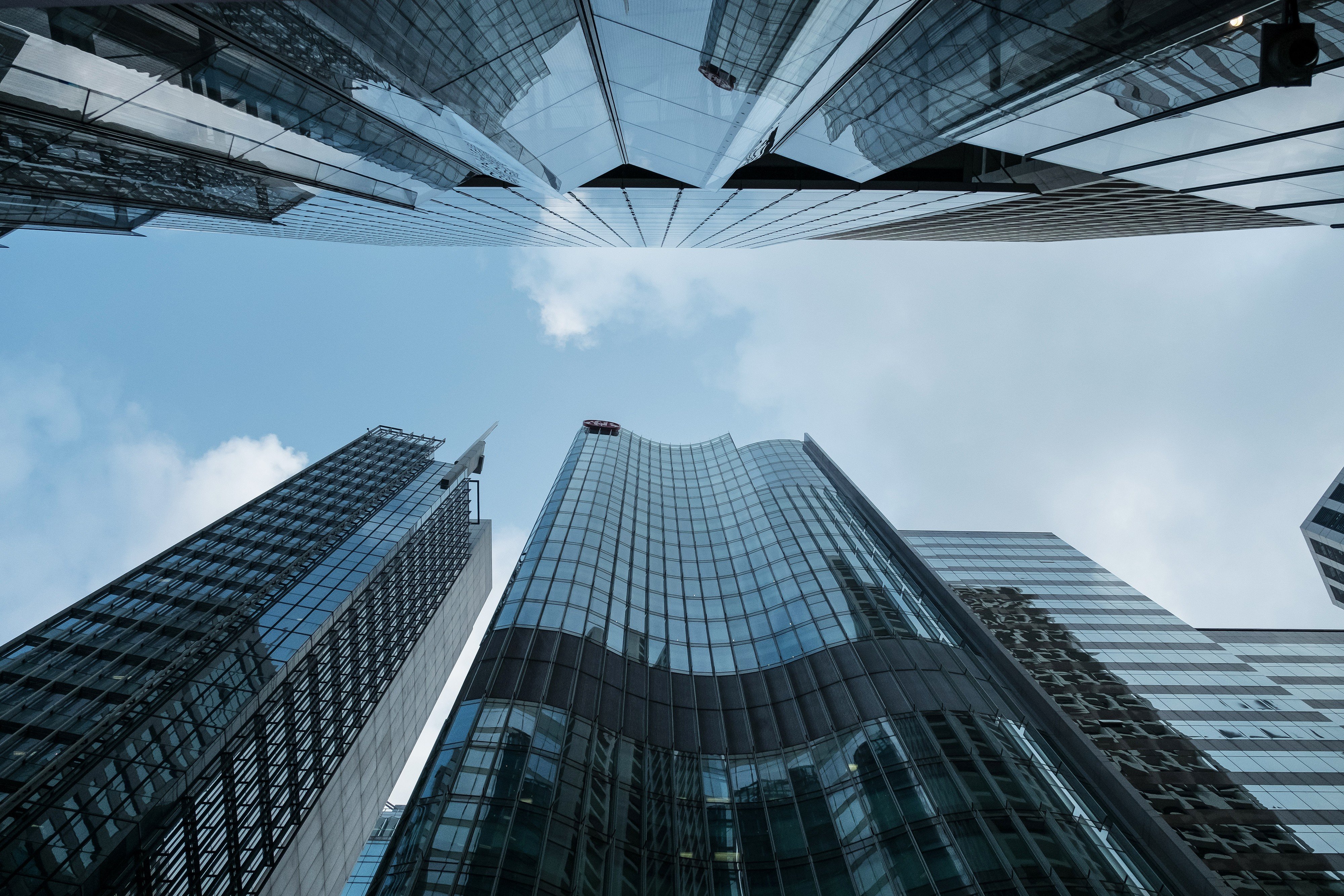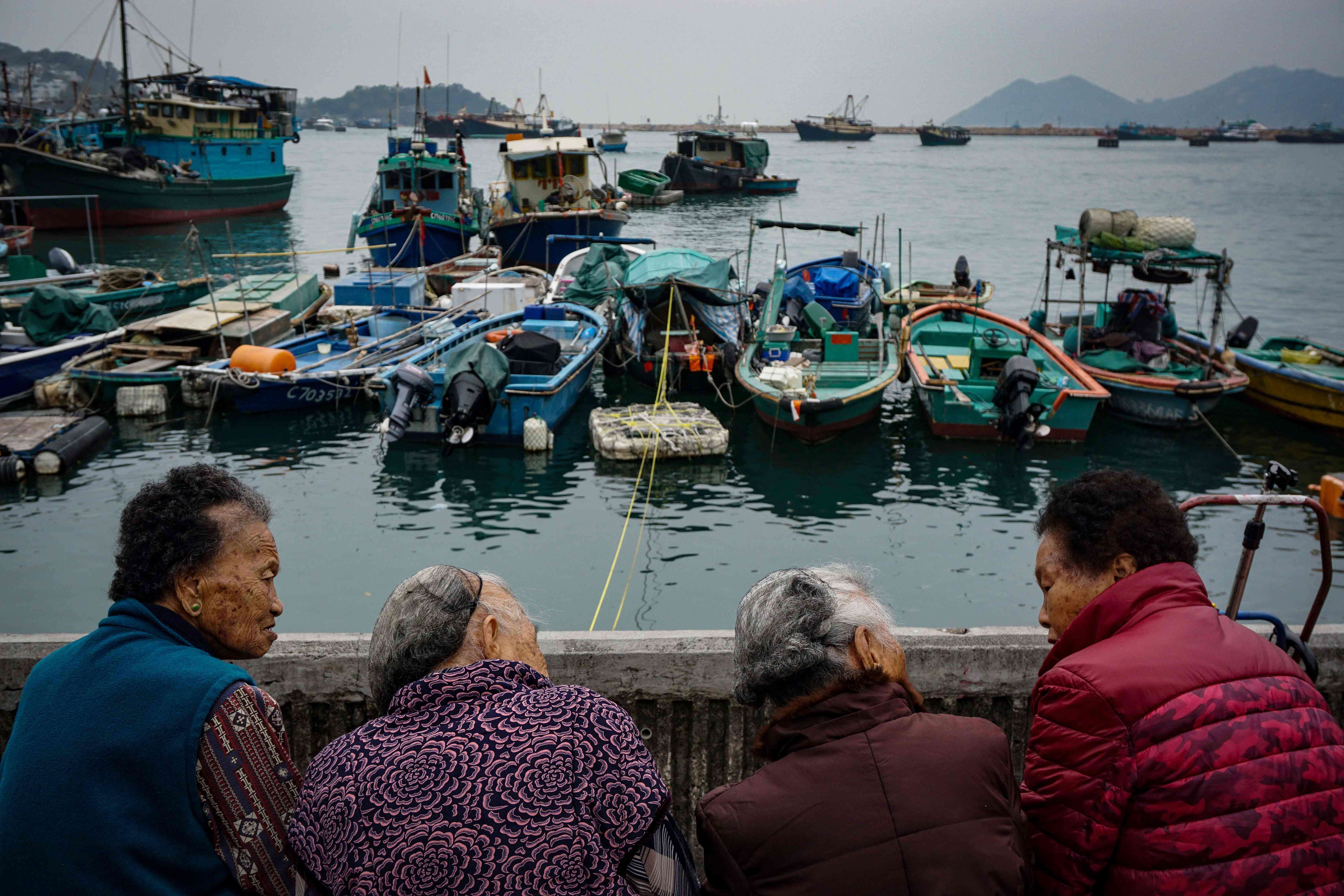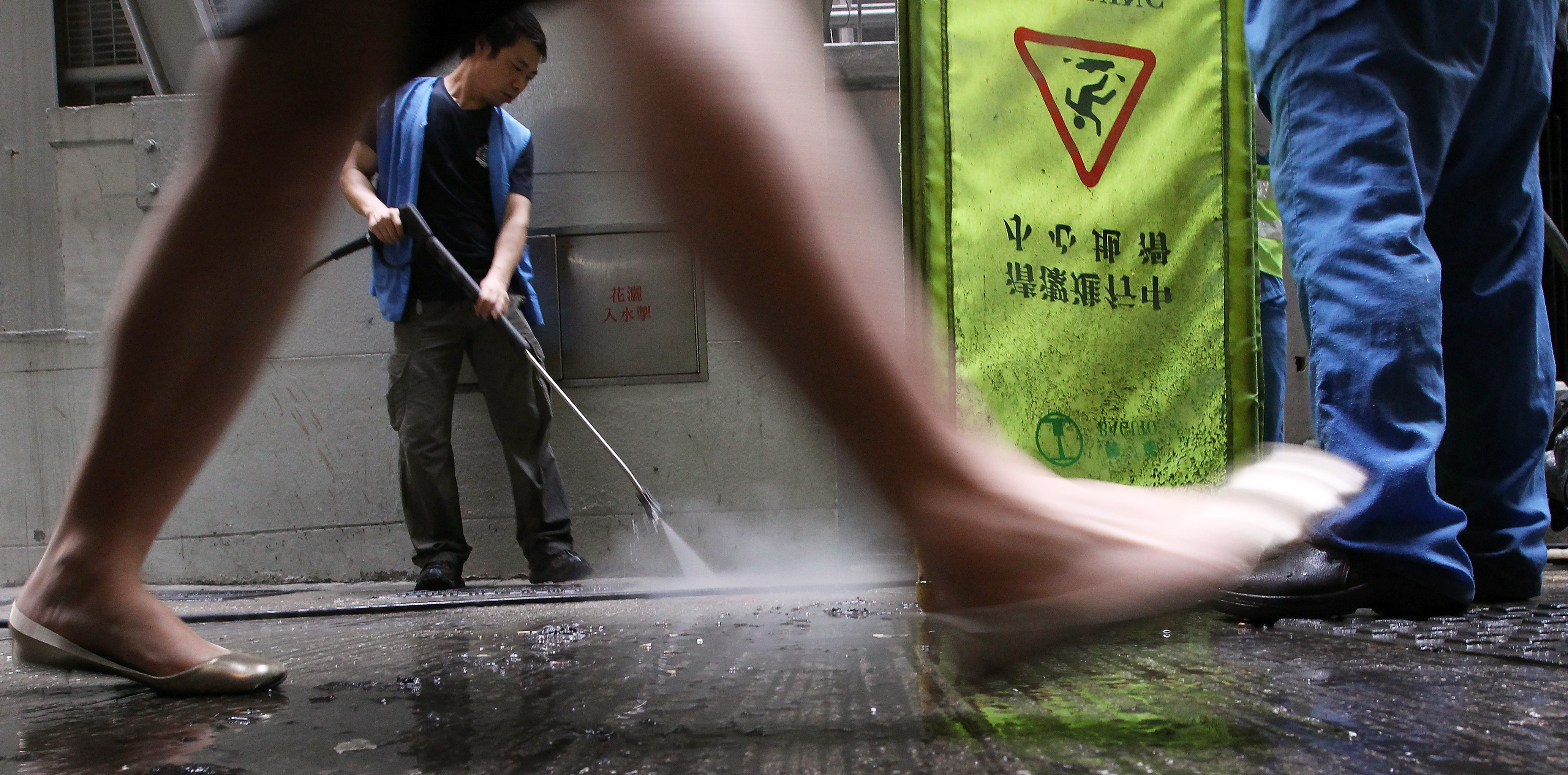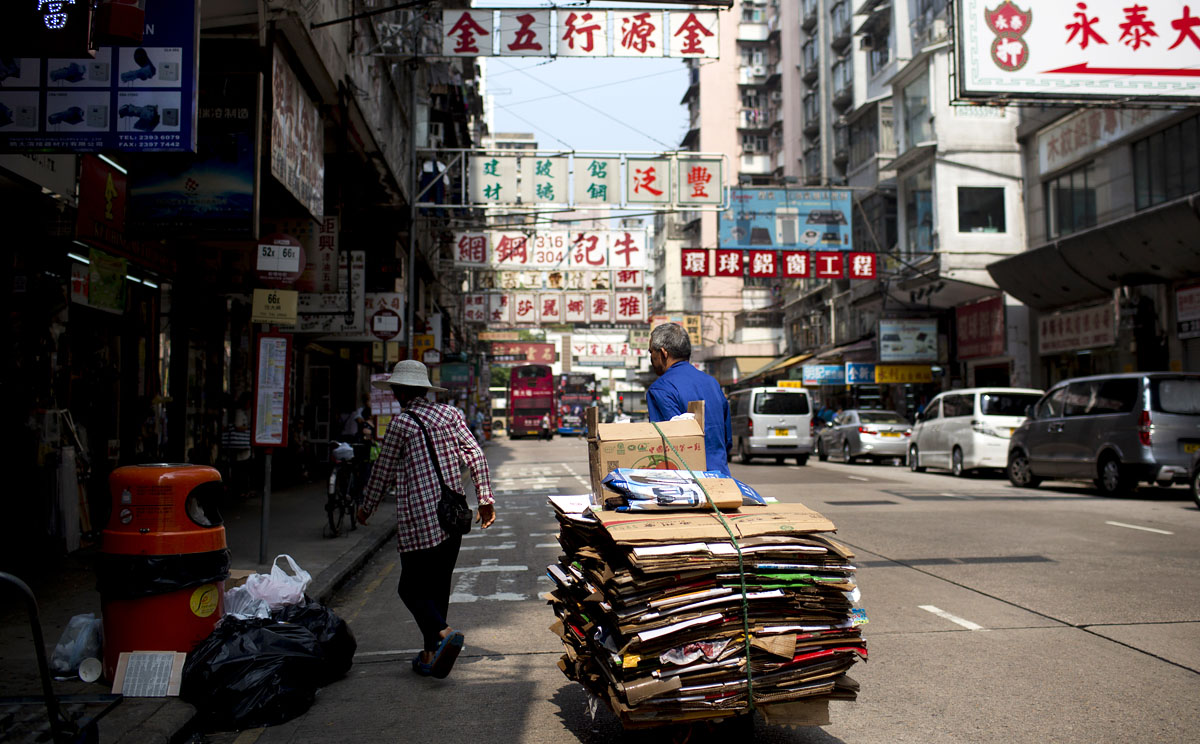Advertisement
Advertisement

Kalina Tsang
Kalina Tsang is director general at Oxfam Hong Kong.
At HK$40 per hour, the minimum wage is below the welfare payment needed for a family of two to survive, and demotivating when the city’s richest earn over 47 times more. The minimum wage must catch up with inflation and do better than welfare payments in allowing workers to support a dependent.
Unless major carbon emitters drastically reduce their pollution and pay for the poor to prepare for coming disasters, suffering will be an everyday reality. Global financial support to build climate-resilient and green societies is negligible, leaving developing countries to fend for themselves.
A new study on climate change’s effects on Hong Kong subdivided flat residents found nearly 60 per cent of those surveyed experienced hotter temperatures in their flats than outside. Drastically reducing emissions and allocating more climate financing to adaptation are essential to easing the suffering of the world’s most vulnerable
The government has been protecting employers against the Covid-19 fallout, but it should help the unemployed and underemployed too. One way is to offer unemployment insurance, as other advanced economies are doing.
Advertisement
